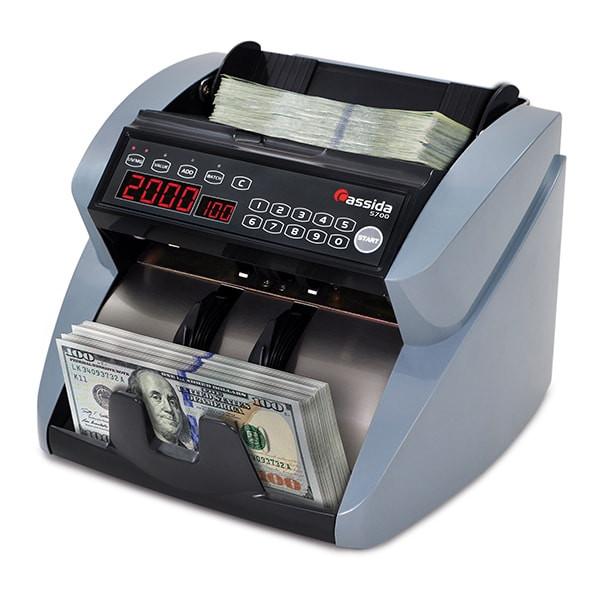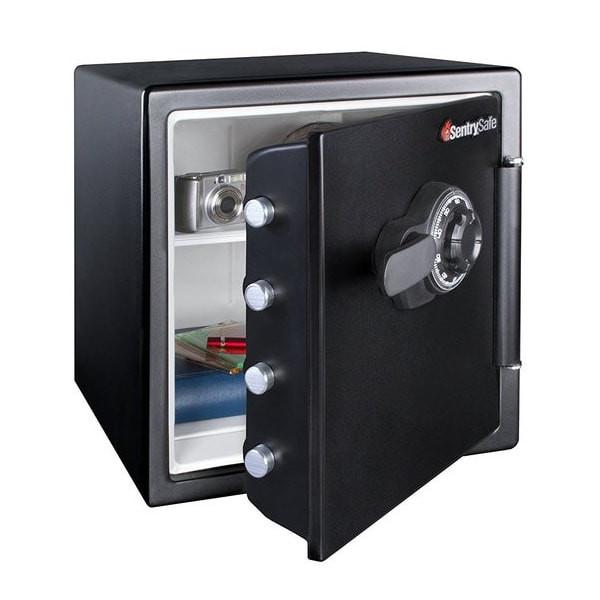North Korean Counterfeiting Operations Suspected of Creating New Supernotes

Counterfeit currency isn’t something new to the world, but high-quality bills stemming from North Korea may pose a significant threat to the global economy. North Korean counterfeiting operations are known to produce some of the world’s best forgeries. Informally known as “Supernotes” by the Secret Service, the fakes are hard to identify, and authorities are clueless as to how many are in circulation.
Supernotes are $100 bills that are so realistic that it can take an entire team of forgery experts to identify them, as recently seen in Seoul, South Korea. Whereas previous counterfeit United States currency found in the region was dated 2001 and 2003, the latest supernotes are dated 2006.
Forgery experts, anti-counterfeiting agencies, and world leaders immediately looked to North Korea as the prime suspect. The regime has a history of creating forged bank notes and putting them into circulation through criminal groups, such as drug traffickers, and diplomats. While the isolated country had scaled back its forgery operations, new international sanctions may have increased the need for funding.
Modern currency has several measures to prevent forgers from creating realistic copies, but it seems North Korean counterfeiting operations found a way to create perfect replicas. The fake bills even include anti-forging measures, such as changing color when viewed from different angles.
The Federal Reserve Board announced a redesigned $100 note would begin circulating back in October 2013. The design was originally unveiled in 2010 and features a blue 3-D security ribbon, an indicator that made it easy for counterfeit detectors to pick out fake bills. While the latest supernote forgeries may be dated 2006 and bear an older design, they’re still commonly used in transactions around the world.
Creating perfect copies of real U.S. $100 bills requires a full minting facility, something that only a state-sponsored organization could afford. Division 39, also known as Room 39, is responsible for overseeing North Korean forging operations, among other criminal activities.

"It seems that whoever printed these supernotes has the facilities and high level of technology matching that of a government", said Lee Ho-jung, a bank spokesman from KEB Hana Bank in South Korea. "They are made with special ink that changes colour depending on the angle, patterned paper and Intaglio printing that gives texture to the surface of a note".
The North Korean supernotes are spread by diplomats traveling to Moscow on their way to other countries. Even though currency counters are designed to detect the fakes, the diplomats themselves may not be aware they’re handling forged bills. According to defectors, it’s possible to buy a large amount of U.S. $100 bills for as little as $10 each, but not all the bills changing hands may be fake.
In the past, North Korean diplomats that have been caught used their diplomatic immunity to avoid charges in foreign countries. Others have defected and provided information to sanction officials.
Ri Jong-ho, a senior Division 39 official of 30 years, defected to South Korea in 2014 before traveling to the United States in 2016. He worked as the president of a shipping company in China and stated that international sanctions never affected him. In fact, all he had to do to send cash to North Korea was hand a bag to the captain of a ship or train passenger that was heading into the country.
North Korea’s illegal operations aren’t limited to creating fake cash though. The Democratic People’s Republic of Korea is involved in a multitude of criminal activities. A detailed report by the Committee for Human Rights in North Korea states that the regime has a hand in everything from counterfeit cigarettes to smuggling rhino horns.
Unable to trade with the rest of the world, North Korea’s recent missile launches may not have been a show of strength, but a demonstration of its technology and potential entry into a new market. Once operational, the weaponry could be sold to the highest bidder in order to fund the government.
As international sanctions against the oppressive regime continue to grow, North Korean leaders may need to generate more revenue. With the recent discovery of the North Korean supernote in Seoul, authorities are worried there may be thousands more in circulation. If left unchecked, the latest fake bills could increase the risk of a loss of confidence and value in currency, effectively posing a major threat to the global economy.




Comments
Leave a comment